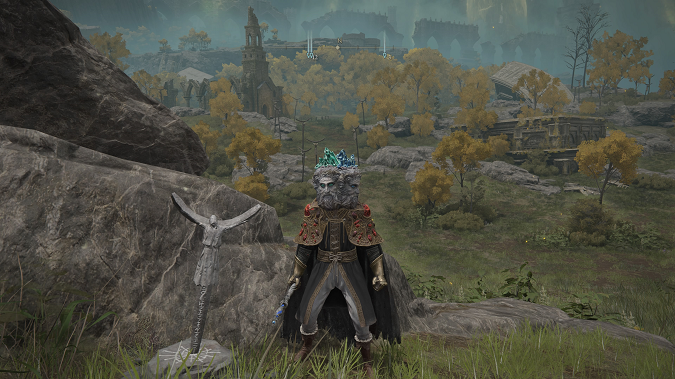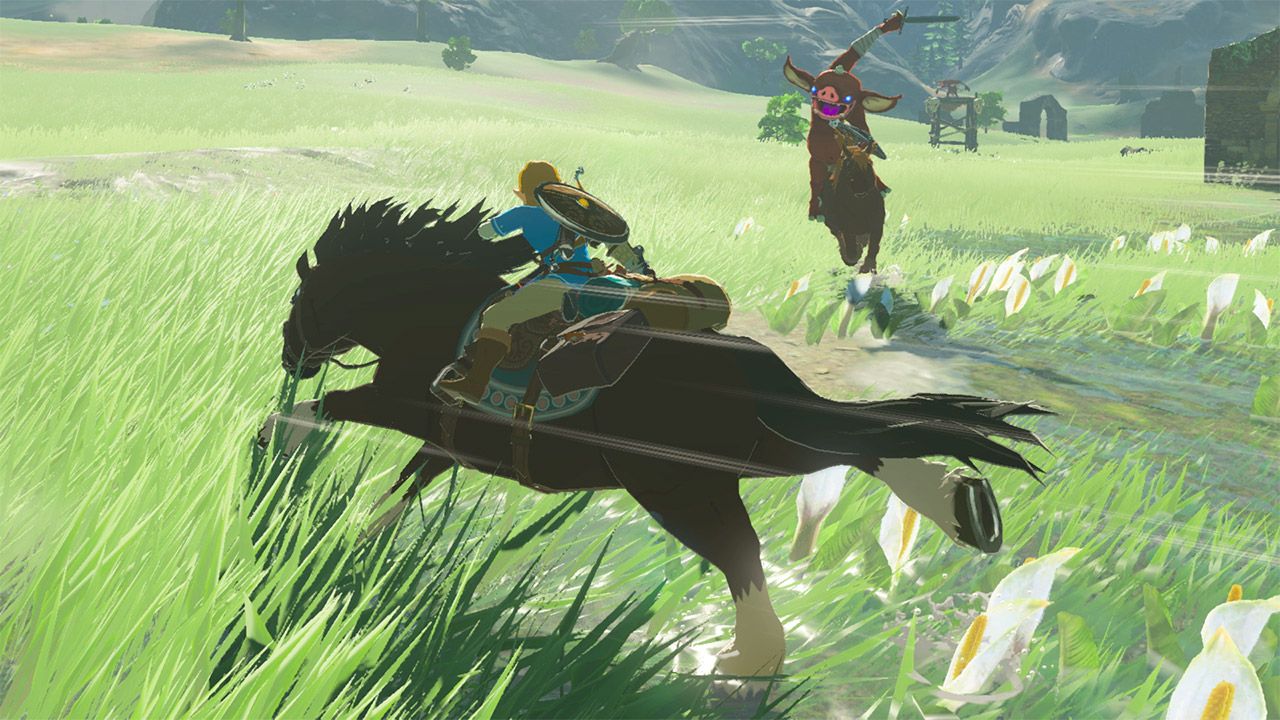Playing video games can be a great way to unwind, connect with old friends, and make new ones. If you’ve played video games for a while, you’ve likely also gained some real-life knowledge from this versatile hobby. But there are a few gaming habits that are best left in the virtual world.
1 Stashing Everything You Find
A lot of action, adventure, and combat games will reward you for hoarding powerful items that become essential for defeating late-game bosses and powering up armor or weapons. Others may present fairly innocuous items that only really become necessary much later in the game.
In the real world, this can be a great habit to have, especially if you’re the type of person who can find creative ways to reuse items.
But if you take this habit to the same extent as is common in video games, it could lead to some serious clutter and dangerous living conditions. In the long run, saving everything you find could also begin to cause you excessive anxiety and distress when trying to discard anything. This can also be true of digital items that don’t take up any physical space in the real world.
Take some time to declutter your digital life by doing things like clearing out browser bookmarks from time to time.
2 Obsessing Over Minor Details
3 
One of the greatest gaming achievements is to complete a game in its entirety, including side quests and any bonus or hidden levels. For scouring every nook and cranny of the maps and interacting with every NPC, gamers who 100% a game are rewarded with exclusive game medals and badges, unique in-game items, and may even be invited to beta test future games.
Much like learning how to save what you find, being detail-oriented is a highly desirable trait to have. However, being overly focused on every detail can cause you to miss the bigger picture. For example, being preoccupied with the small details of a gathering would cause you to miss out on the fun with everyone else.
Additionally, constantly expecting perfection from yourself and others can cause a distressing amount of anxiety and could lead to procrastination. It’s important to remember that doing your best doesn’t always require you to give all of yourself and that there’s nothing wrong with “good enough.” Don’t let perfect be the enemy of good, as the saying goes.
4 Overlooking Valuable Resources
Many gamers overlook accessibility features that are beneficial for everyone, while others aren’t prepared to help themselves out by lowering the difficulty setting when things get out of hand. Similarly, you wouldn’t want to unintentionally make your real-world adventures more difficult than they need to be by passing up a helping hand.
Knowing when and how to ask for help is just as admirable as being able to work through problems independently. As is the case with games, though, people may steer away from resources if they don’t feel part of the target audience or may not even be aware of the aid available to them.
A perfect real-world example of this is entryway ramps. Though a ramp’s primary intent is to assist wheelchair users, anyone pushing a stroller, using a dolly or cart, or who has difficulty with stairs will be thankful to have a ramp available.
Even still, some people are understandably hesitant to utilize resources that they consider to be limited. In many cases, however, raising the demand will increase availability for everyone, as we saw with fidget toys.
5 Going Backwards Before Progressing Forward
Games like Metroid and Path of Exhile can get gamers in the habit of avoiding progression points in favor of finding whatever hidden gems the developers left to be discovered. These elusive prizes can range from relatively useless but rare items to essentials for furthering game progression.
Intentionally missing the mark like this in real life typically only leads to regret rather than anything rare or special. Imagine if, every time you visited a new area, you explored the entire map before reaching your destination. Though you might get some interesting stories out of it, it wouldn’t be very practical to do on a regular basis.
In a less literal sense, we may see this gaming habit in real life as we backtrack on personal goals. Sometimes, you may have to take a few steps backward before you can keep moving forward. However, if you find this becoming a consistent habit, it may be time to reach out to others for support.
6 Showing Up to a New Town and Breaking Everything
Link and many other main characters may be hailed as heroes despite their tendency to show up and wreak havoc on the local area before they can save the day, but that doesn’t mean you’ll get the same treatment.
For one, it’s illegal to break other people’s property without their consent, and even if it wasn’t, it’s still a really mean thing to do. You don’t know what might hold sentimental value to someone. Secondly, you probably won’t find anything cool hidden inside whatever you break. Maybe if it’s a decoy item, but even if there is cool stuff inside, you most likely won’t be able to keep it.
If you want the thrill of finding hidden items in plain sight, try your hand at geocaching! With the geocaching app, you can find hidden treasures that other geocachers have left around the area. You can even cosplay as your favorite game character and become the hero of your own story.
Gaming is an amazing hobby that can connect us with others, help us to see the world through a multitude of lenses, and even teach us some solid real-life skills. That said, not everything you learn from games should be brought into the real world. Some things are better left in a nearly inconsequential virtual landscape.









